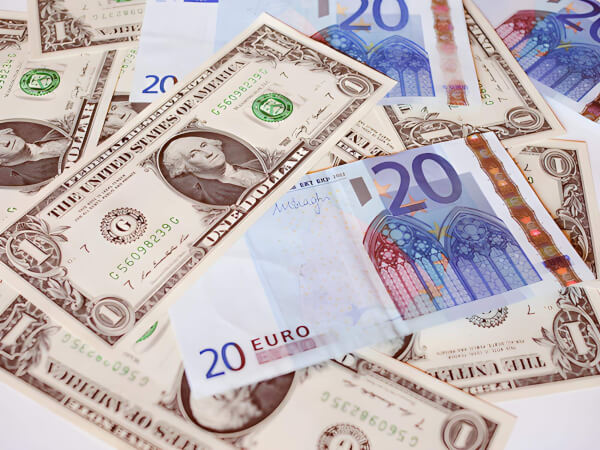-
The stock market rally that was approaching an all-time high lost momentum due to mixed corporate earnings and economic data
-
Data indicated some softening in demand for workers in a still tight labor market, raising uncertainty ahead of the key jobs report later this week
-
Equity valuations are seen as high, suggesting ongoing expansion and monetary easing. However, JPMorgan's chief global markets strategist is doubtful about this scenario
-
The S&P 500 declined from a 16-month high, and 30-year bond yields reached their highest level since November
-
Tesla Inc. faced a drop in its stock price as it became the subject of another probe by US regulators regarding driver complaints about steering control
-
Uber Technologies Inc. reported its first-ever operating profit, but concerns arose about its ability to maintain growth in its ride-hailing and delivery business
-
Caterpillar Inc. rose to a record high after reporting a bigger-than-expected profit and strong demand for its machinery
-
ISM Report reveals that the U.S. manufacturing sector contracted for the ninth consecutive month in July, with the July Manufacturing PMI registering at 46.4, a slight increase from June's 46.
-
Despite the overall ISM contraction, there were signs of a marginally slower rate of decline, with some indices reflecting companies managing outputs down due to continued order softness.
-
The Reserve Bank of Australia (RBA) surprised markets with a dovish policy decision today. RBA left rates unchanged, with the main cash rate staying at 4.10%. Median consensus among economists surveyed by Bloomberg was for a 25 basis point rate hike. Meanwhile, money markets saw a less than 40% chance of a 25 bp rate move today
-
Industrial PMI data from the Chinese economy is descending into the recessionary zone (<50), putting pressure on macro conditions.
-
Chinese manufacturing PMI index dropped from 50.5 to 49.2 pts in July (exp. 50.3)
-
European markets: Manufacturing PMIs released, with some countries slightly missing expectations (Spain and Poland) or exceeding them (Italy). France's index was revised up, while Germany and the euro area matched preliminary releases. All major European economies' manufacturing sectors are still contracting (below 50 points threshold).
-
Saudi Arabia intends to continue limiting production by 1 million barrels per day in August, while Russia plans to reduce exports by 500,000 barrels per day
-
Gold declined 1.10% after testing $1970 per ounce, experiencing a considerable pullback following the renewed rise in US bond yields. Key data from the US job market on Friday may influence the bond market, the dollar, and ultimately, the gold market
-
Cryptocurrencies are extending declines, with Bitcoin declining over 1.0% and remaining below $29,000. The downward pressure was fueled by the hacking of Curve Finance, a trading and lending De-Fi platform.

Economic calendar: US CPI in the spotlight (13.02.2026)

Daily summary: Silver plunges 9% 🚨Indices, crypto and precious metals under pressure

BREAKING: US jobless claims slightly higher than expected

Economic calendar: US Jobless Claims and ECB Speeches to Offer Markets Breathing Room (12.02.2026)


